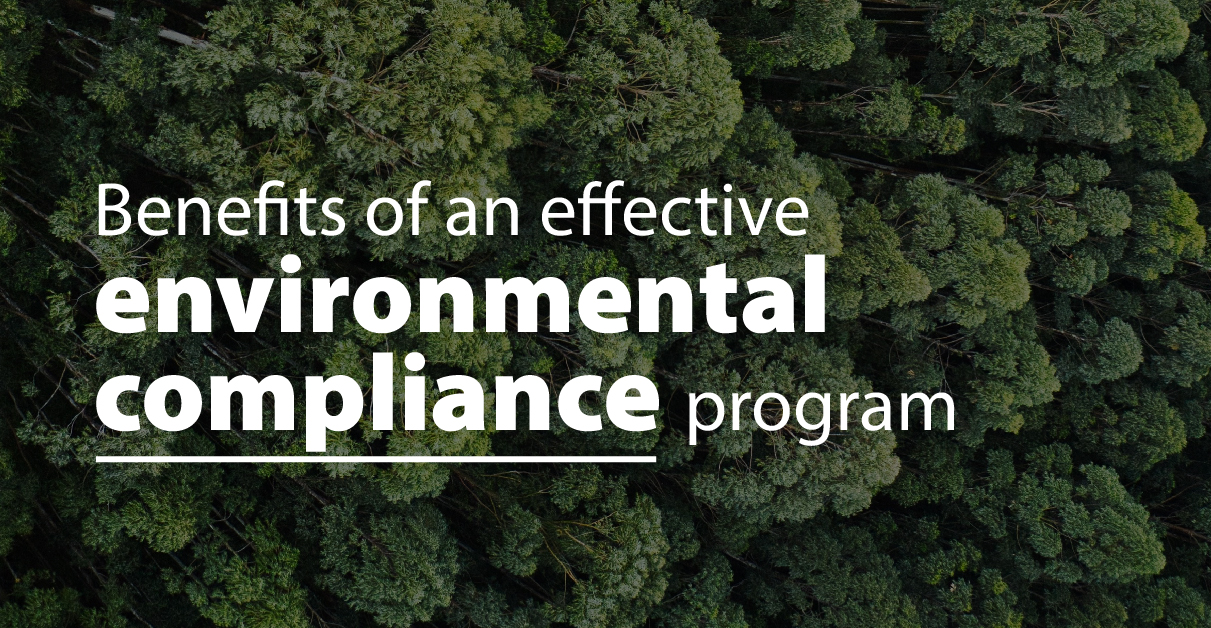Luis Palacios
Associate Costa Rica
[email protected]
The benefits and risks associated with the degree of conformity in fulfilling official environmental requirements
Protection of the environment and the practice of sustainability produce business byproducts that generate tangible benefits such as increased sales, revaluation of the brand, and avoidance of penalties.
Companies that apply policies, processes, and actions to ensure compliance with environmental regulations have learned that they not only avoid a huge number of health and other risks but also discover opportunities to lower operating costs while reducing environmental impact.
Benefits of an effective environmental compliance program
- An environmentally-sound reputation generates sales:Consumers and business partners give greater value to brands that have demonstrated their commitment to comply with environmental laws and that operate sustainably. In Costa Rica, as in many other countries, environmental standards have been incorporated into public purchasing guidelines, such as the banning of single-use plastic products and the favoring of recycled raw materials.
- Resource management reduces costs:Compliance with environmental regulations is usually linked to adequate management of resources such as water, electricity, physical space, and reduction of waste, all of which contribute to a reduction in regular costs for companies.
- Compliance constitutes a legal defense against incidents:The successful application of procedures focused on respecting environmental regulations has been accepted by the authorities as evidence to reduce the legal responsibility of companies in the event of incidents of an environmental nature. In contrast, the authorities tend to sanction more seriously those companies that over time have shown themselves indifferent to compliance with environmental regulations.
Risks of not having an effective environmental compliance program
The International understanding is that the responsibility for damage to the environment falls on the company that caused it, including the owner. Especially in Costa Rica, the “Wildlife Conservation Law” establishes the responsibility not only of the entity that the law governs but also the conglomerate (economic interest group), if any, to which such entity belongs resulting in a parent company being held liable for environmental breaches committed by a subsidiary domiciled in Costa Rica.
Growing international efforts to combat challenges such as climate change, water shortages, and marine pollution further increase the interest of the authorities and society in general in ensuring that companies comply with the best practices of environmental sustainability. Therefore, having an environmental compliance program will be an increasingly valuable resource.




